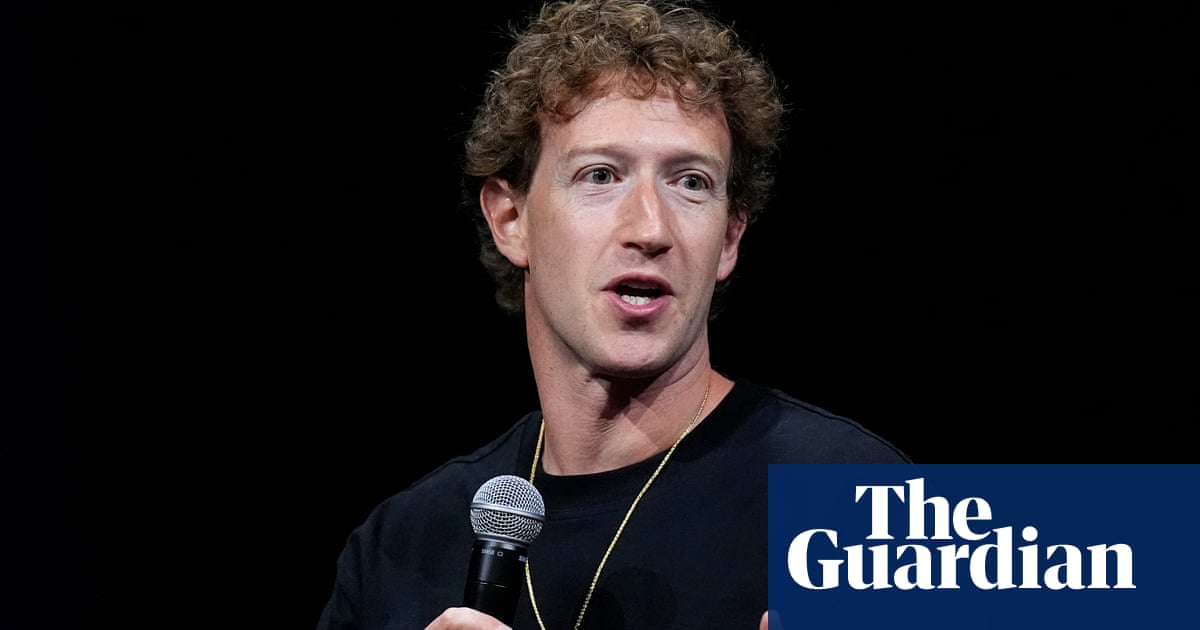Child-safety case against Meta and CEO Mark Zuckerberg dismissed
Judge rules plaintiff, Matt Eisner, failed to show alleged inadequate disclosures hurt shareholders
Meta Platforms and its chief executive, Mark Zuckerberg, won the dismissal of a lawsuit claiming they misled shareholders in Meta’s proxy statement about their ability to ensure the safety of children who use Facebook and Instagram.
In a decision on Tuesday, the US district judge Charles Breyer in San Francisco said the plaintiff, Matt Eisner, failed to show that shareholders suffered economic losses from Meta’s alleged inadequate disclosures.
Eisner also said federal securities law did not require Meta to detail the severity of sexually explicit content and the sexual exploitation of children on its platforms, or all the child-protection strategies it decided not to adopt.
“In essence, Eisner would have had Meta argue against its own recommendations, tout the benefits of tools it ultimately rejected, highlight its own failures, and devalue its own successes,” Breyer wrote. “That is not necessary.”
Eisner’s lawyers did not immediately respond to requests for comment. Lawyers for Meta and Zuckerberg did not immediately respond to similar requests.
The lawsuit sought to block Meta from holding its 2024 annual meeting until the proxy statement was amended, void election results if the meeting were held, and have Meta and Zuckerberg cover Eisner’s legal fees and costs.
Breyer had in June refused to enjoin the meeting, saying many of Meta’s assurances in the proxy statement that it was committed to children’s safety were simply “aspirational” and did not justify the lawsuit.
Tuesday’s dismissal was with prejudice, meaning Eisner cannot sue Meta and Zuckerberg again.
Meta still faces lawsuits by dozens of state attorneys general accusing the company, based in Menlo Park, California, of addicting children to its apps while downplaying the risks.
It also faces hundreds of lawsuits by children, their parents and school districts over social media addiction. The operators of TikTok, Snapchat and other apps face hundreds of similar lawsuits of their own.
- Meta
- Mark Zuckerberg
- Law (US)
- Social media
- Children
- Social networking
- news
